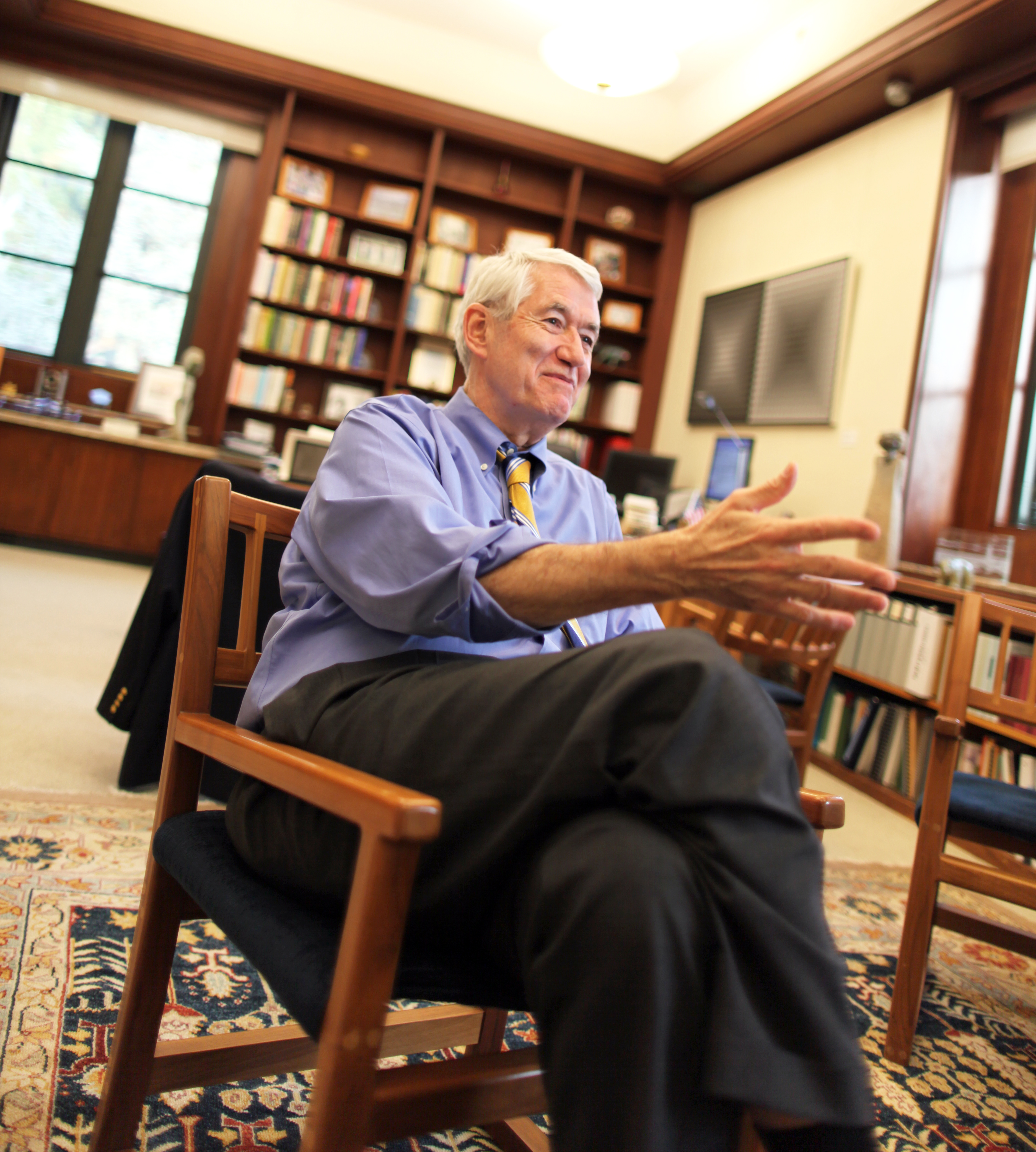Any motion toward the privatization of public higher education tends to strike a dissonant chord ““ especially among undergraduate students.
University of California Berkeley Chancellor Robert Birgeneau and other Berkeley administrators issued a proposal last week calling for increased autonomy for UC campuses. The proposal would allow campuses to set their own tuitions and determine the percentage of out-of-state acceptances.
But these suggestions could make the UC increasingly unaffordable, as campuses, especially ones with greater prestige like Berkeley and UCLA, would be free to raise tuition and admit fewer in-state students.
While it sparked a necessary conversation, the proposal goes too far and does not fully consider the potential consequences for newer and smaller UC campuses.
Judson King, coauthor of the proposal and director of Berkeley’s Center for Studies in Higher Education, said the authors wrote the piece in light of the university’s grim financial situation. He added that each campus should be free to seek funding from sources other than the state, which this proposal would allow.
Greater autonomy could create an easier decision-making process for individual campuses, King said.
But it could also lead to a few major campuses absorbing all of the resources and setting exorbitant tuitions, leaving smaller campuses with only their established reputations and without the support of the entire system.
Although supporters of the proposal argue that smaller campuses would benefit from more localized support, it’s hard not to see this as an attempt by Berkeley leaders to benefit the UC’s more prestigious campuses.
The proposed changes would keep the campuses under the same names and maintain the UC Board of Regents, but they overwhelmingly favor more established UC campuses, like UCLA and UC Berkeley, which would have far greater chances of surviving independently.
While the UC’s original mission of providing free higher education to California residents is certainly nowhere near a reality, this proposal threatens to drag the system even further from its goal of being an accessible and affordable university.
